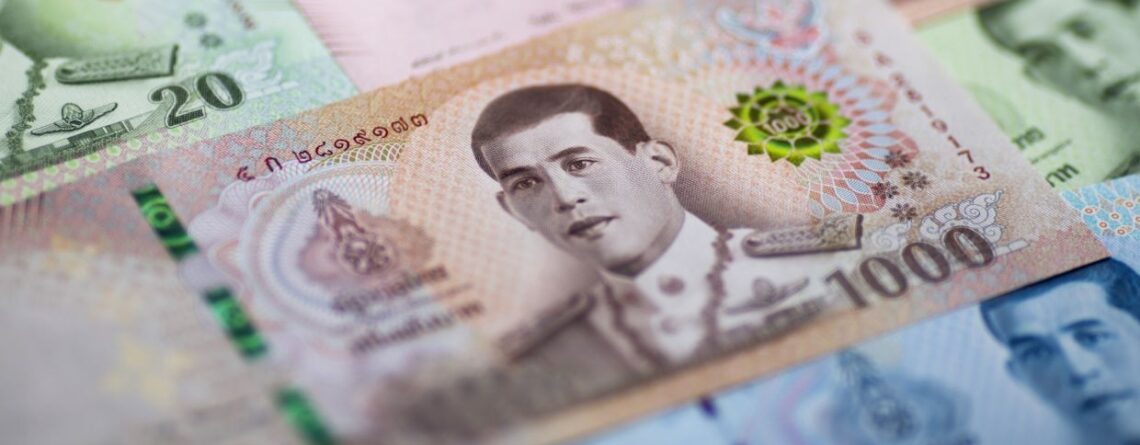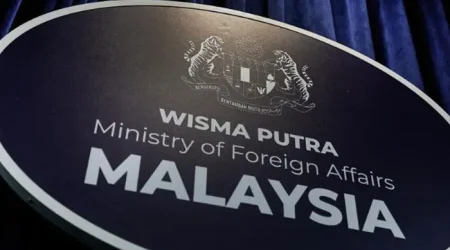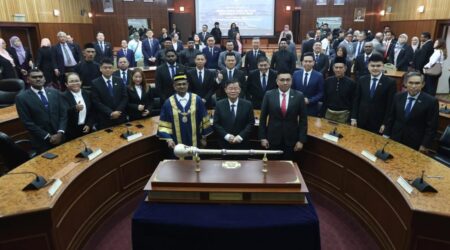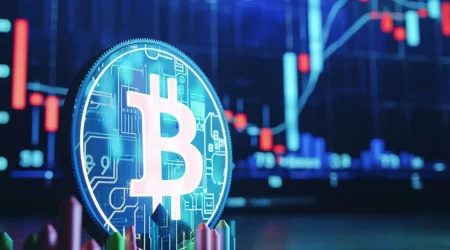Top Thai officials pile pressure on central bank to ease rates, citing bank profits
BANGKOK (Bloomberg): Thai Prime Minister Srettha Thavisin’s key aides renewed calls for an early rate cut to rein in commercial banks from making excessive profits, arguing the highest borrowing costs in a decade will further aggravate an economic crisis.
The Bank of Thailand should set rules to lower the net interest margin earned by commercial banks as it was immoral for lenders to make “record profits amid an economic slowdown,” said Pichai Naripthaphan, an adviser to Srettha.
The central bank should acknowledge that the economy “is in bad shape” and revamp its monetary and foreign exchange policies to align with government efforts to revive growth, he said.
Deputy Finance Minister Julapun Amornvivat also slammed the central bank for allowing private lenders to rake in profit at the expense of “people who are shouldering high borrowing costs.” He urged the BOT to cut the key rate at its next meeting scheduled for Feb. 7. Julapun also cited negative inflation as a factor in favor of easing.
Srettha’s administration, which took power about five months ago, is at odds with the central bank on the approach to reviving Southeast Asia’s second-largest economy that’s lagged the growth rate of its peers in the past decade. While the premier has announced a slew of stimulus measures and debt waivers to jumpstart the economy, the central bank has signaled it’s in no hurry to unwind a tightening cycle that saw rates being hiked to the highest since 2013.
“The central bank should have an open mind and accept the reality that the economy is in a really bad shape,” Pichai said. “The Thai economy posted very slow growth rates over the last decade. Is this not a crisis?”
While the economy is estimated to have grown only 1.8% last year, domestic commercial banks have recorded profit of more than 200 billion baht ($5.6 billion), Pichai said. A majority of 63.5% participants in a survey published on Sunday think the ailing economy requires urgent solutions.
The central bank tightening – that saw a 200 basis point hike in 13 months to 2.5% – has hurt the economy, especially the small and medium enterprises and low-income groups, according Srettha.
He’s been pushing for a 500 billion baht cash handout to most adult Thais to stimulate the economy, a move that’s drawn criticism from opposition parties and push-back from BOT Governor Sethaput Suthiwartnarueput.
The handout, proposed to be funded through state borrowing by enacting a special law, is set to be delayed from an original May target as it comes under the scrutiny of the anti-graft agency and legal challenges.
Sethaput has argued that the post-pandemic recovery is gaining momentum and the economy is not in a crisis that warrants a large fiscal stimulus.
On Monday, Julapun said there’s no universally acceptable definition of an economic crisis and the government was well within its rights to pursue policies that it considered vital to handling the economy.
He said a draft bill to implement the so-called digital wallet was ready and the government is discussing with the anti-graft agency to address its concerns.
“BOT should review its monetary and foreign exchange policies to support economic growth,” Pichai said. “Their policies should be in sync with the government’s policies.”
– ©2024 Bloomberg L.P.













Leave a Reply